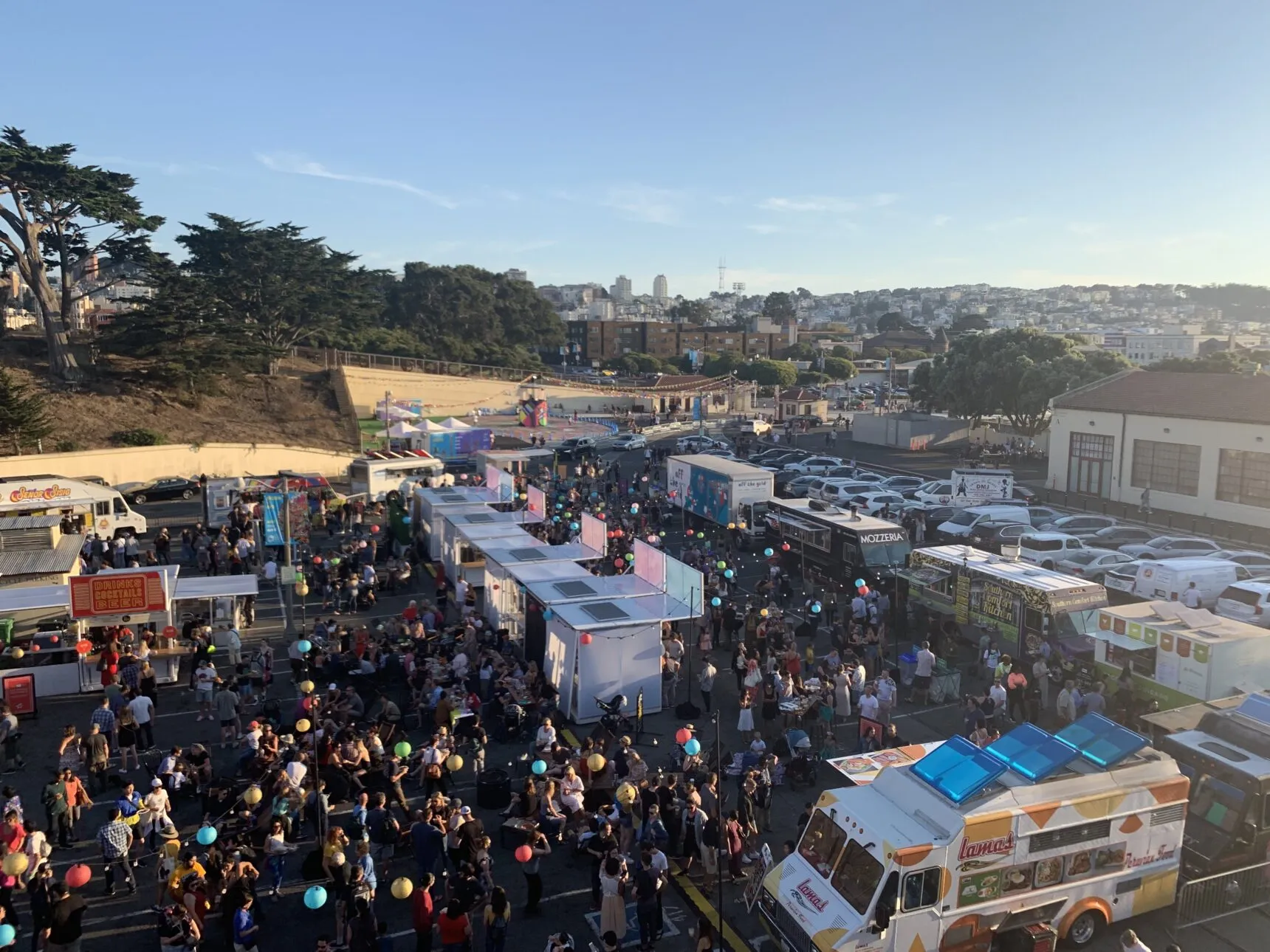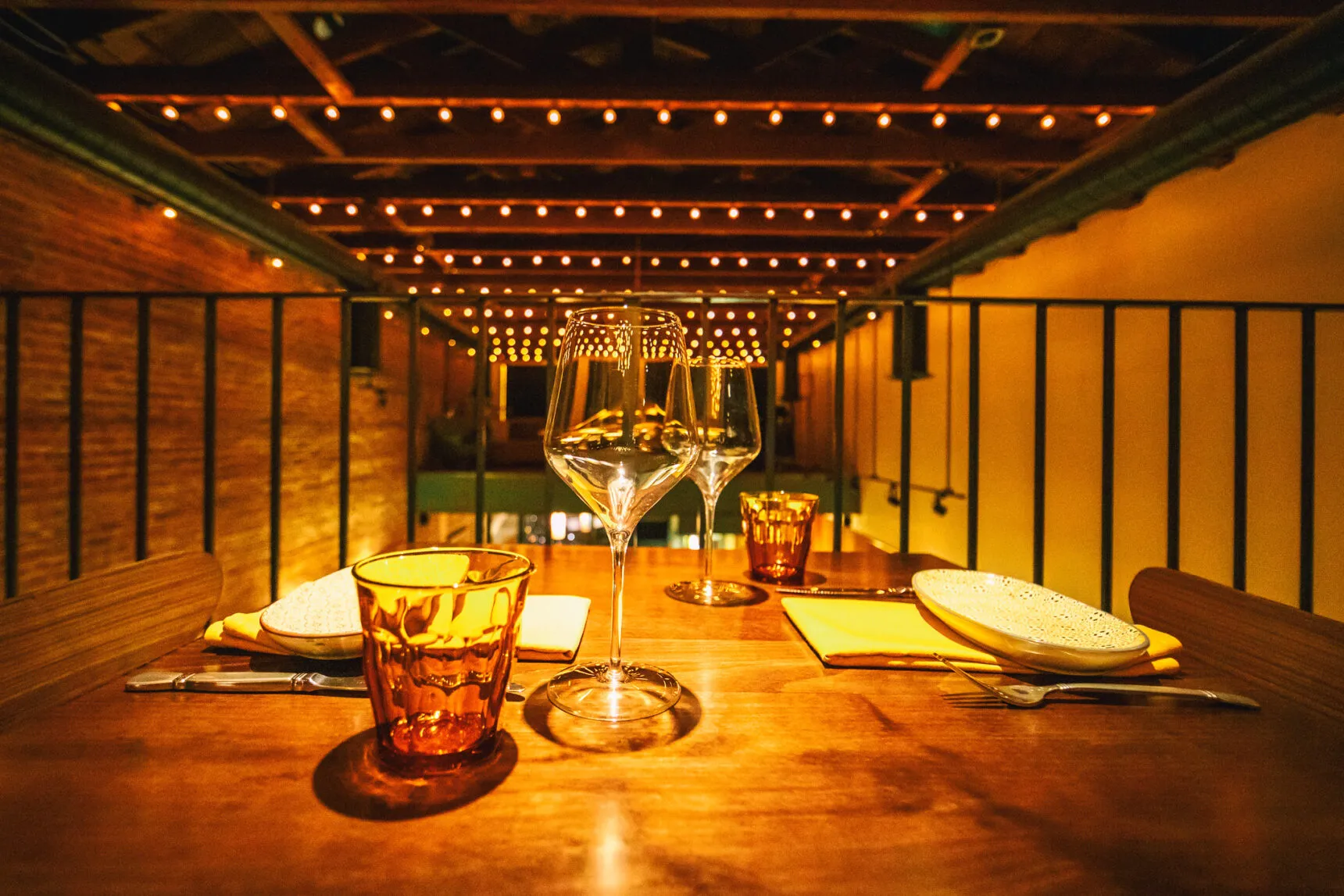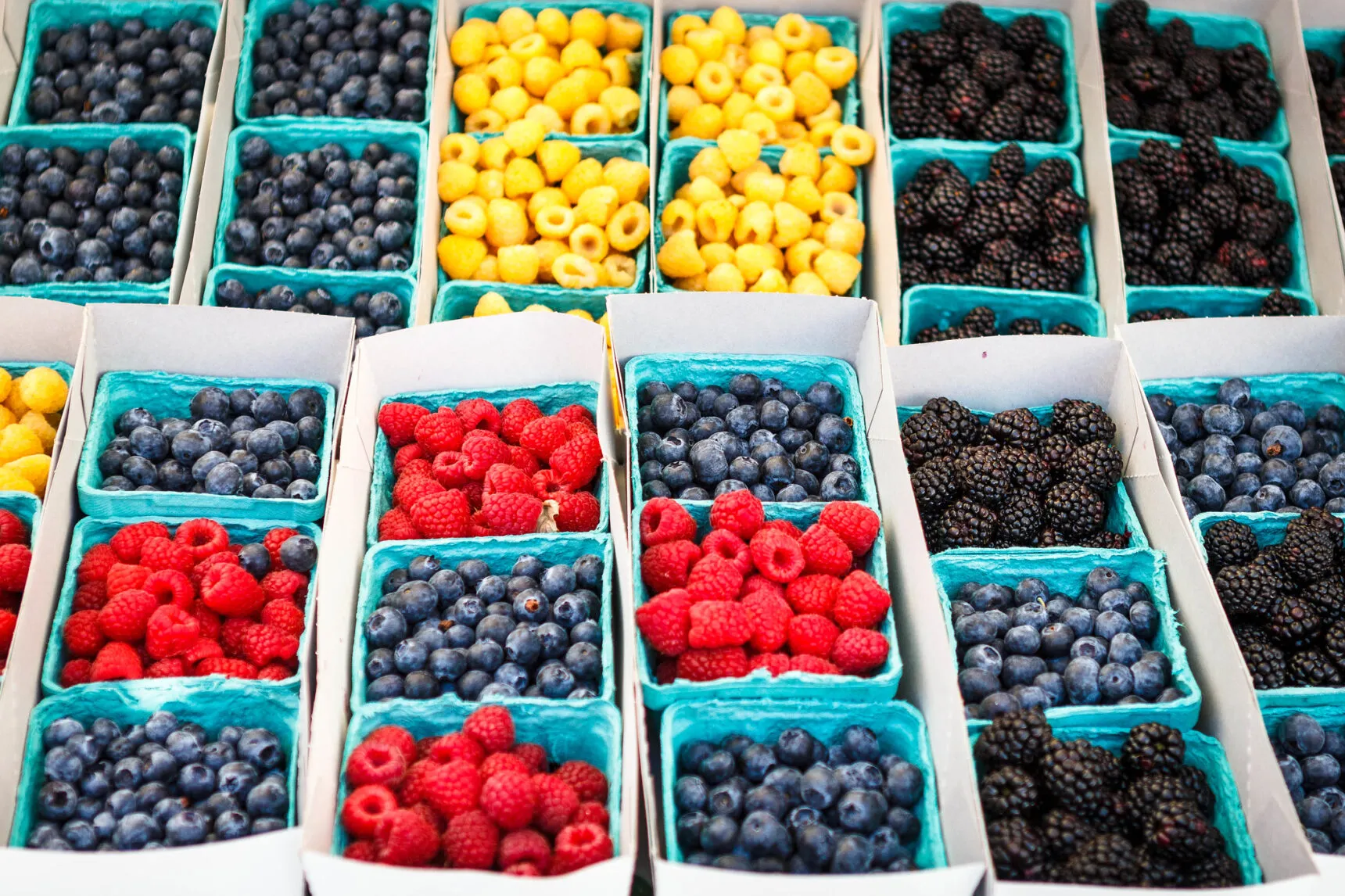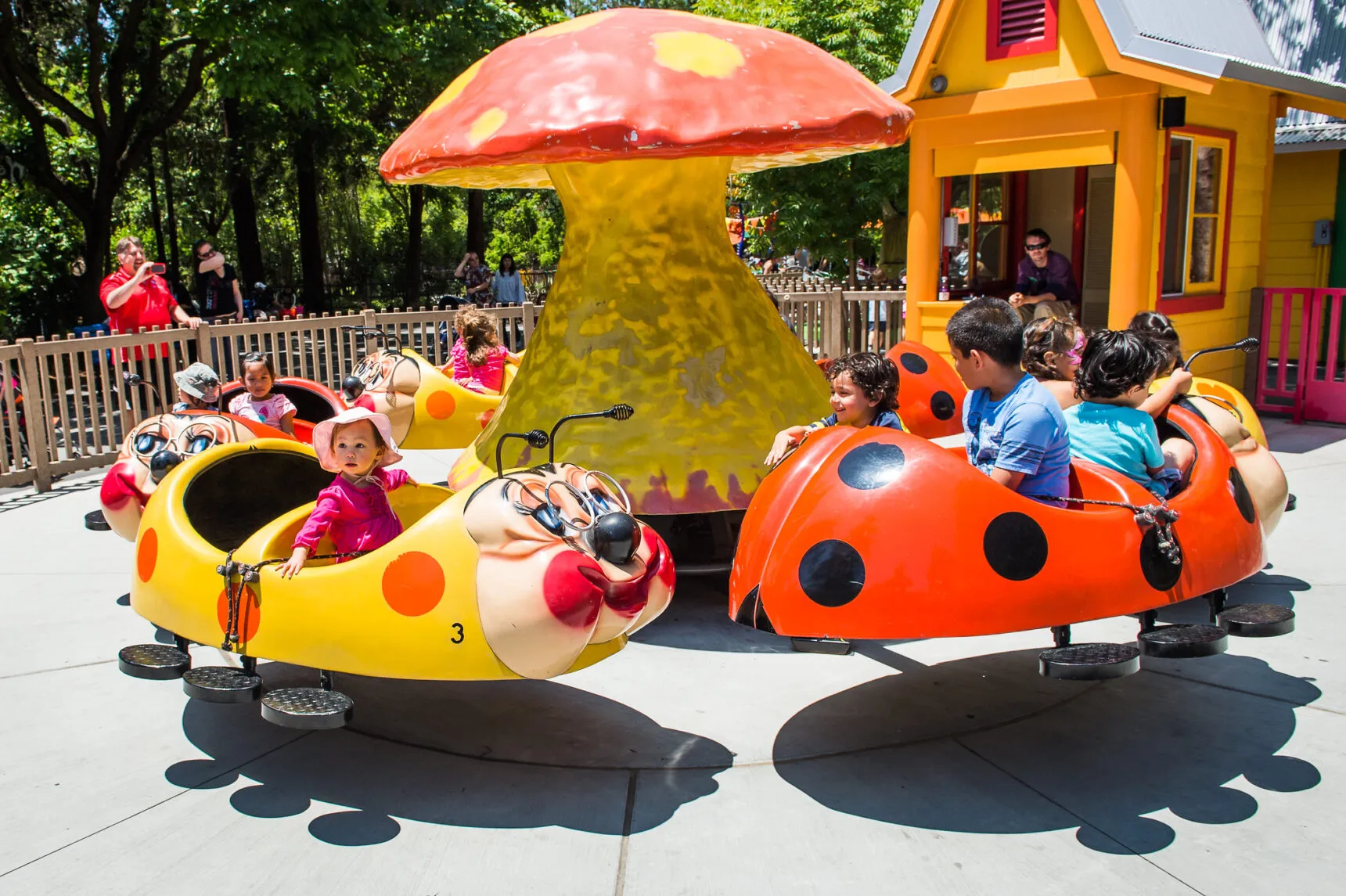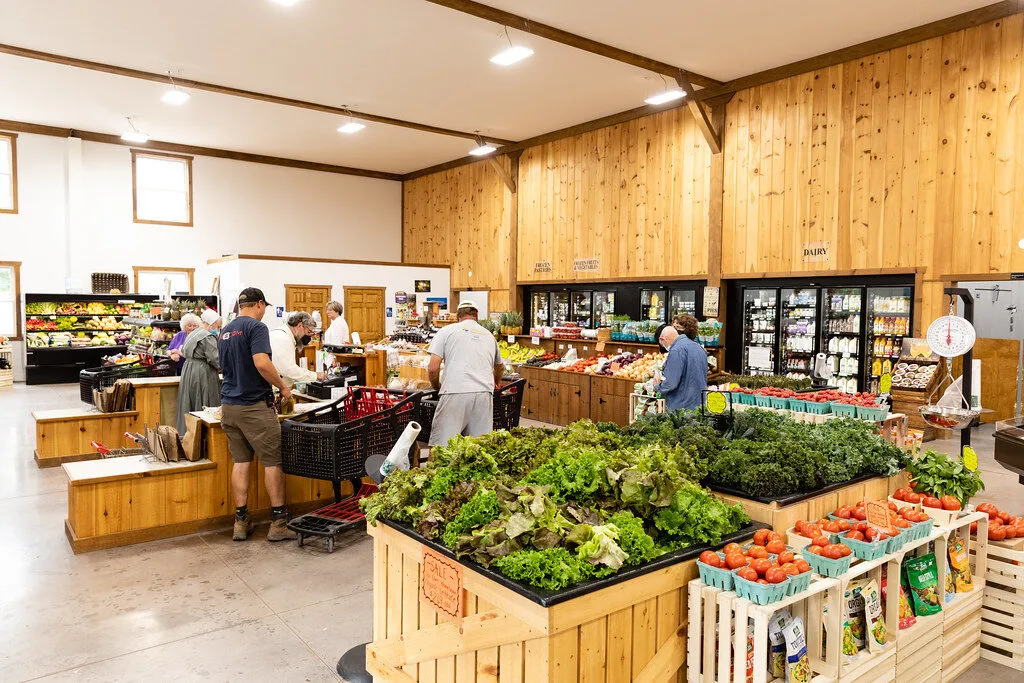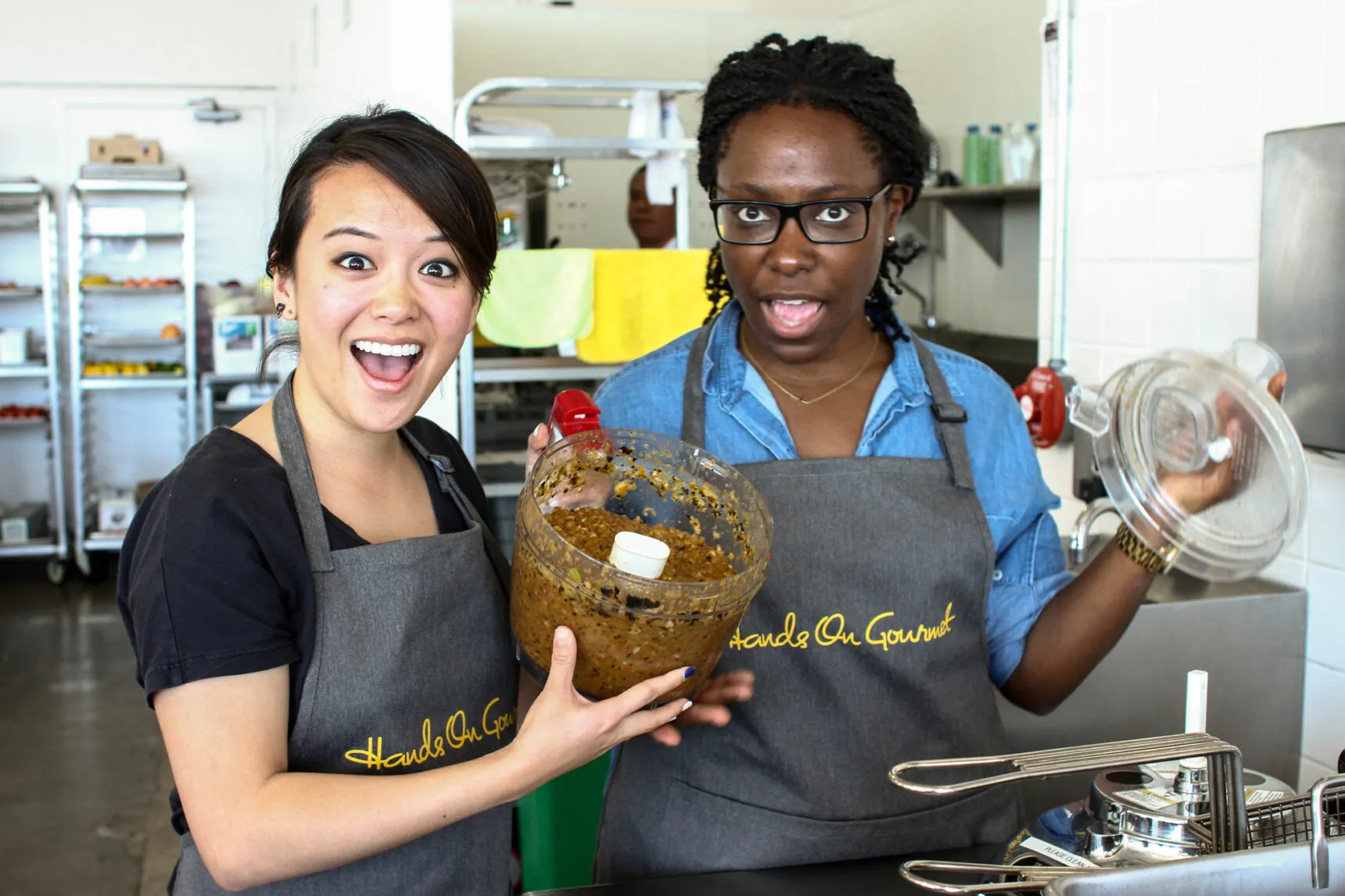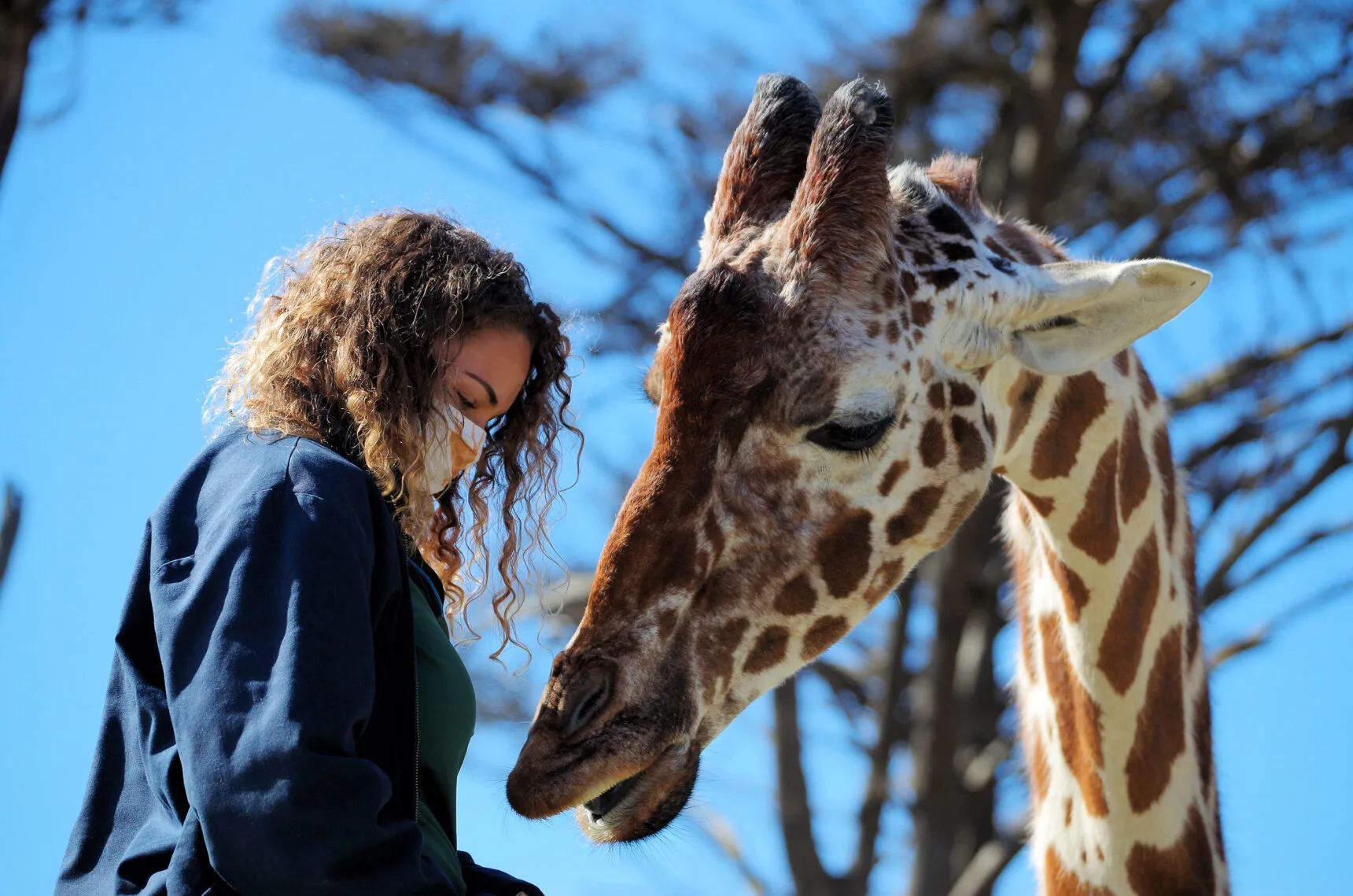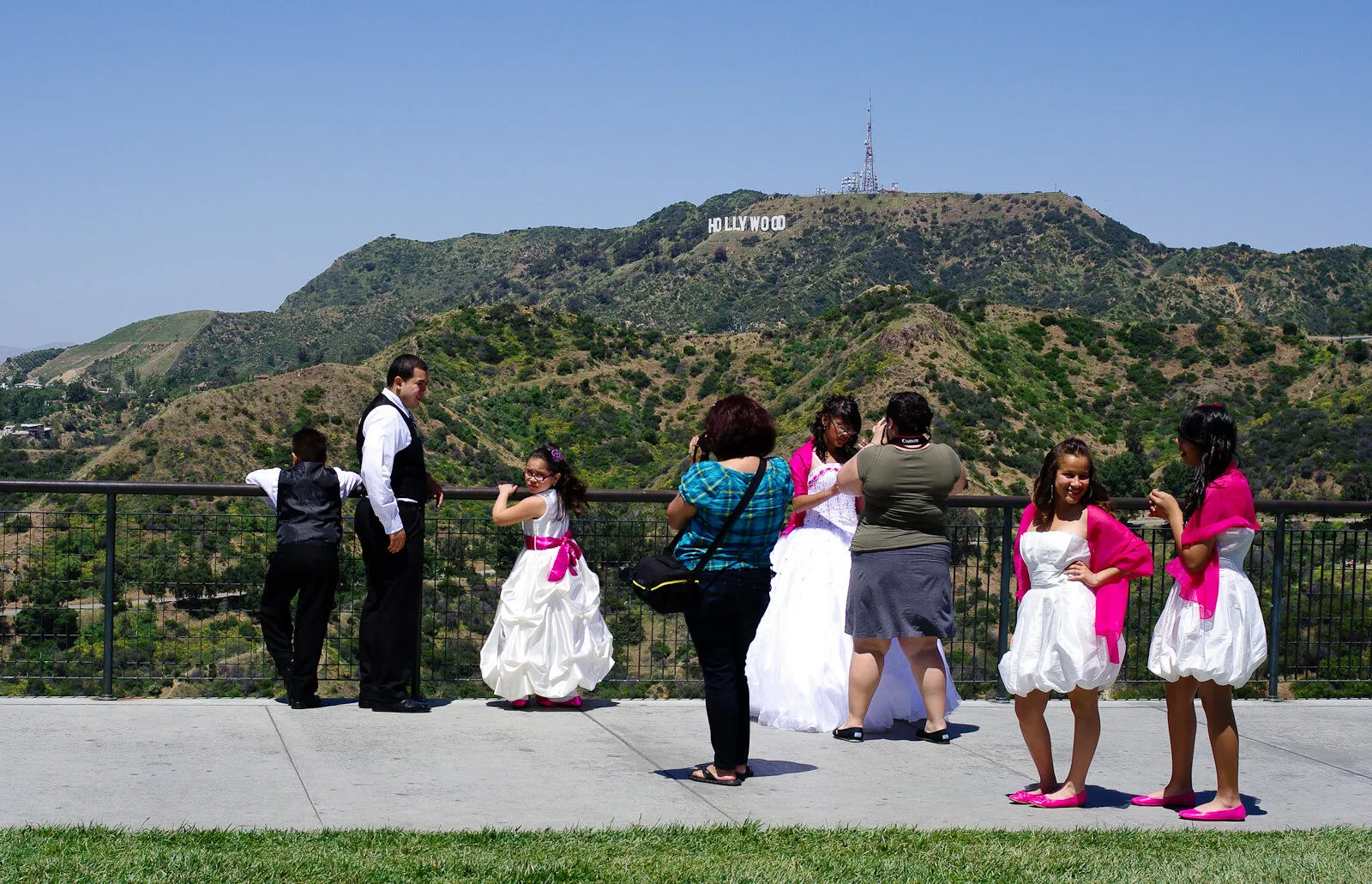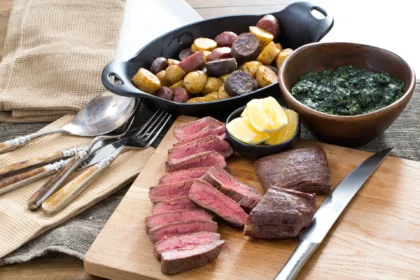Your 8-year-old just spent another Saturday glued to YouTube while you ordered takeout for the third time this week. Sound familiar? Bay Area parents are discovering that kids’ cooking classes solve multiple problems at once: screen time reduction, life skills development, and maybe even help with dinner prep.
- From iPad to Apron: Why Bay Area Parents Choose Culinary Education
- Taste Buds Kitchen: The Allergy-Safe Haven Parents Trust
- Kitchen on Fire: Where Teen Chefs Get Serious
- Junior Chef Stars: TV Competition Dreams Come True
- Culinary Artistas: Where Ghirardelli Square Meets STEM
- 4ft and Up Kitchen: Vegetarian Paradise for Mini Chefs
- La Toque de Cindy: Food Network Dreams in Downtown Palo Alto
- Bliss Belly Kitchen: Where Yoga Meets Yummy
- Cooking Round the World: Oakland’s Passport on a Plate
- Epic Cooking School: Marin’s Secret Weapon for Family Dinners
- Cucina Bambini: San Jose’s Cooking Community Since 2008
- Sur La Table: Professional Kitchen Dreams in Palo Alto
- Young Chefs Academy: Sunnyvale’s Structured Path to Kitchen Mastery
- FAQ About Kids’ Cooking Classes in the Bay Area
- What age should my child start cooking classes, and will they actually learn or just make a mess?
- My child has severe nut allergies — which Bay Area cooking schools are actually safe?
- How much do kids’ cooking classes cost in the Bay Area, and is it worth the investment?
- Should I stay during class or is drop-off better for my child’s independence?
- When should I register for popular summer cooking camps to ensure we get a spot?
- What’s the difference between technique-focused programs and recipe-based classes?
From iPad to Apron: Why Bay Area Parents Choose Culinary Education
Post-pandemic, local families are prioritizing practical skills over pure academics. Tech-savvy parents who can code but can’t cook are ensuring their kids learn both. The result? A boom in youth culinary programs that treat cooking as STEM education you can eat.
Whether you’re seeking nut-free facilities for allergic kids, serious technique training for aspiring teen chefs, or just a fun Saturday activity that doesn’t involve screens, the Bay Area delivers. From Palo Alto’s allergy-safe havens to Berkeley’s professional-grade teen programs, we’ve tested and mapped every notable option.
Quick Summary
Looking for birthday party venues? Check out our guide to unforgettable birthday party spots for San Francisco kids — from bounce houses to science labs.
Taste Buds Kitchen: The Allergy-Safe Haven Parents Trust
Walk into either Palo Alto or San Jose location and the first thing you’ll notice isn’t the bright colors or kid-sized cooking stations — it’s the giant “NUT-FREE FACILITY” sign that makes anxious parents exhale with relief. Birthday parties here sell out weeks in advance, especially the competitive “Battle Cupcake” where kids face off Iron Chef-style.
The $45 drop-in classes for ages 4-8 run like clockwork, with instructors who somehow manage excited kids wielding whisks without breaking a sweat. Pro tip: Tuesday afternoon slots are easier to snag than weekends. The all-sales-final policy stings, but parents keep coming back because finding truly allergy-safe cooking programs is like finding parking in downtown Palo Alto — rare and worth holding onto.
What Makes Taste Buds Kitchen Special
Details for Taste Buds Kitchen
Kitchen on Fire: Where Teen Chefs Get Serious
Forget making cupcakes — at Kitchen on Fire, your teen will learn why eggs emulsify and how heat transfers through copper versus cast iron. The Berkeley and Oakland locations feel more like culinary institutes than kids’ programs, which is exactly the point. Their 12-Week Basics Series ($2,027) isn’t playing around; it’s essentially community college for aspiring chefs.
Parents of 15-year-olds rave about the international summer camps where kids master Nigerian, Korean, and Peruvian cuisines using ingredients from Berkeley Bowl. The $636 four-day camps book months ahead — serious young cooks from across the Bay make the trek. One Marin mom drives her son 45 minutes each way because “nowhere else teaches actual technique, not just recipes.”
What Makes Kitchen on Fire Special
Details for Kitchen on Fire
Junior Chef Stars: TV Competition Dreams Come True
Your kid watches MasterChef Junior religiously? Junior Chef Stars turns that obsession into reality with their signature “Cook Off” parties where mystery ingredients meet parent judges. Operating from Pacifica headquarters but teaching across Peninsula community centers, they’ve mastered the art of edutainment — kids learn real skills while living their Food Network fantasies.
The $75-per-child competition parties are pricey but include everything: Le Cordon Bleu-trained instructors, all ingredients, and that priceless moment when your 10-year-old plates their creation like Gordon Ramsay. Parents get recipe books and YouTube videos afterward. One Palo Alto mom noted her daughter “had the time of her life” and still talks about winning the baking championship six months later.
What Makes Junior Chef Stars Special
Details for Junior Chef Stars
Culinary Artistas: Where Ghirardelli Square Meets STEM
Location, location, location — and Culinary Artistas nails it with their Ghirardelli Square studio where chocolate history meets modern STEM education. Their “Nailed It!” cake competitions ($100/child) transform Netflix obsessions into reality, complete with professional showpiece cakes kids race to replicate. Parents sip coffee in the lounge while watching their mini-chefs through glass walls.
What sets them apart is the deliberate academic integration — they partner with Bay Area schools to align cooking with classroom STEM curricula. Your kid learns why baking soda creates lift (chemistry), how to triple a recipe (math), and proper knife angles (physics). The waterfront views don’t hurt either. Book early; tourist season makes parking at Ghirardelli brutal after 11am.
What Makes Culinary Artistas Special
Details for Culinary Artistas
Planning summer activities? Don’t miss our comprehensive guide to Bay Area summer camps for every interest — from coding to climbing.
4ft and Up Kitchen: Vegetarian Paradise for Mini Chefs
Run by Le Cordon Bleu graduate Chef Mo from various SF locations including Congregation Sherith Israel, this mobile program brings 100% vegetarian, nut-free cooking to neighborhoods across the city. The “Flavor Detectives” summer camp has kids identifying mystery ingredients blindfolded — parents report even stubborn eaters trying vegetables they’d normally reject.
At $800 for a full week (9am-3:15pm), it’s not cheap, but includes all meals and teaches real techniques. The “San Francisco Bake Off Challenge” week recreates competitive cooking show drama while sneaking in lessons about yeast science and flavor pairing. After-care until 5pm saves working parents, and the vegetarian focus means fewer allergy concerns. Several families coordinate carpools from the Peninsula.
What Makes 4ft and Up Kitchen Special
Details for 4ft and Up Kitchen
La Toque de Cindy: Food Network Dreams in Downtown Palo Alto
When your instructor competed on Guy’s Grocery Games and trained at Le Cordon Bleu Paris, kids pay attention. Cindy Roberts runs boutique camps from her downtown Palo Alto studio where the “Chocolate Champions” summer tradition (10+ years running) includes blind-tasting chocolates from Malta to Malaysia. One mom credits this camp with inspiring her daughter to audition for MasterChef Junior.
Week-long camps run $340 (early bird $289) for three hours daily — serious learning disguised as delicious fun. Kids pick fruit from Cindy’s garden for recipes and take home full meals to share with family. The studio’s cozy size means personal attention, but also quick sellouts. Note: they explicitly state camps aren’t suitable for severe food allergies, so this isn’t your spot if you need nut-free guarantees.
What Makes La Toque de Cindy Special
Details for La Toque de Cindy
Bliss Belly Kitchen: Where Yoga Meets Yummy
Starting each day with yoga and breathing exercises before touching a single vegetable, Bliss Belly Kitchen in Berkeley takes the holistic approach seriously. Their Sanskrit motto “Anadata Sukhi Bava” sets the tone — happiness flows from farmer to cook to eater. Every ingredient is vegetarian, organic, and locally sourced, with Ayurvedic principles woven into rainbow spring rolls and kale fajitas.
The 9am-3pm camp days include mindfulness games, cooking lessons, and the crown jewel: Friday’s from-scratch chocolate making. Parents praise the unique integration — one noted their picky eater “experimented with food more than at home.” Bring a yoga mat and pillow for meditation time. The Berkeley location fills first, but they also run camps in Orinda and Walnut Creek for East Bay families seeking zen with their zucchini.
What Makes Bliss Belly Kitchen Special
Details for Bliss Belly Kitchen
Cooking Round the World: Oakland’s Passport on a Plate
Each camp day transports kids to a different country through 4-8 authentic recipes, folktales, games, and cultural slideshows. Operating across Oakland, Emeryville, and Pleasant Hill, this program turns picky eaters into adventurous global citizens. Kids who “hate vegetables” suddenly love Thai spring rolls when they’ve rolled them personally while learning to count in Thai.
Full-day camps ($475/week, 9am-4pm) offer the best value in the East Bay, with half-day options at $300. The completely nut-free environment means allergy parents can relax. Kids do all prep work themselves — no shortcuts — building real skills and confidence. Parents receive a recipe binder at week’s end, though kids often request to recreate their favorites immediately. Pre-care starts at 8am for working parents.
What Makes Cooking Round the World Special
Details for Cooking Round the World
Epic Cooking School: Marin’s Secret Weapon for Family Dinners
Run from owner Elizabeth Love’s Corte Madera home (she traded homemade cookies for a surfboard to start the business), Epic Cooking School solved the eternal parent puzzle: kids learn cooking AND make tonight’s dinner. The “Family Chef Class” has students preparing a complete four-course meal during class, then taking everything home for family dinner — appetizer through dessert.
Limited to eight students in a licensed home kitchen, the intimate setting means real attention from Love, who holds a Master’s in Child Development plus pastry credentials. Third-graders and up only; younger kids need special permission. Parents rave about arriving exactly on time (residential neighborhood rules) to find their child beaming with pride over the feast they created. The joy on kids’ faces serving their own cooking beats any restaurant.
What Makes Epic Cooking School Special
Details for Epic Cooking School
Cucina Bambini: San Jose’s Cooking Community Since 2008
The Willow Glen institution that’s hosted nearly 10,000 cooking events knows what South Bay families want: hands-on classics kids actually eat. Their pasta workshop has students making fettuccine from scratch, while the lemon macaron class tackles French patisserie with surprising success rates. Located on walkable Lincoln Avenue, it’s become the default choice for San Jose birthday parties and scout badges.
Summer camps include themes like “cooking challenges” that tap into kids’ competitive spirit while teaching knife skills and flavor balancing. The longevity speaks volumes — in Silicon Valley’s ever-changing landscape, lasting 17 years means you’re doing something right. Check their online calendar for current sessions; Girl Scout troops often book entire workshops. Street parking on Lincoln fills up weekend mornings, but the garage behind Aqui restaurant usually has spots.
What Makes Cucina Bambini Special
Details for Cucina Bambini
Sur La Table: Professional Kitchen Dreams in Palo Alto
The Palo Alto Sur La Table transforms its retail showroom into a high-end teaching kitchen where kids work with professional-grade equipment most home cooks only dream about. The 5-day summer series ($69/day) covers everything from omelet flipping to dumpling folding, with students graduating with printed menus and certificates. Groups of four share workstations, building teamwork alongside knife skills.
Parents report the magic moment when picky eaters try foods “because they made it themselves.” The 10% store discount after class is dangerous — kids suddenly need that mini whisk set they used. Private parties start at $90 per person but include the cachet of the Sur La Table brand. For vegan or specific dietary needs, call the store directly; kitchen staff can often accommodate with advance notice.
What Makes Sur La Table Special
Details for Sur La Table
Young Chefs Academy: Sunnyvale’s Structured Path to Kitchen Mastery
Part of a national franchise with 20-year pedigree, Young Chefs Academy brings structured learning to South Bay kitchens. Their tiered system — KinderCooks®, JuniorChefs™, SeniorChefs™ — means your 5-year-old can progress through actual skill levels like piano or martial arts. Monthly themes keep weekly classes fresh while building on previous techniques.
The Sunnyvale location on South Mary Avenue offers consistency rare in kids’ activities — same instructors, same kitchen, measurable progress. Beyond recipes, they teach table setting, kitchen safety, and yes, manners. The membership model encourages long-term commitment. Note: their website was down during research, so calling directly is essential for current schedules and pricing. Parents appreciate the clear skill progression versus one-off classes elsewhere.
What Makes Young Chefs Academy Special
Details for Young Chefs Academy
FAQ About Kids’ Cooking Classes in the Bay Area
What age should my child start cooking classes, and will they actually learn or just make a mess?
Most programs start at age 2-3 with parent participation, independent classes from age 4-6. Kids genuinely learn measuring, following instructions, and basic techniques. Mess is part of learning! Programs provide aprons and handle cleanup.
My child has severe nut allergies — which Bay Area cooking schools are actually safe?
Taste Buds Kitchen (Palo Alto/San Jose) and Junior Chef Stars operate 100% nut-free facilities. 4ft and Up Kitchen is vegetarian + nut-free. Always call ahead. Kitchen on Fire accommodates with notice; La Toque de Cindy cannot handle severe allergies.
How much do kids’ cooking classes cost in the Bay Area, and is it worth the investment?
Single classes $45-70, week camps $300-800, birthday parties $90-200/child. Premium 12-week series $2000+. Value: kids learn math, science, try new foods, gain confidence. Many parents report picky eaters becoming adventurous.
Should I stay during class or is drop-off better for my child’s independence?
Ages 2-5 require parent participation. Drop-off starts age 4-6; instructors prefer it—kids focus better without hovering. Culinary Artistas has parent lounge with coffee! For separation anxiety, start with parent-child classes first.
When should I register for popular summer cooking camps to ensure we get a spot?
Register in January for summer camps—they fill months ahead! Kitchen on Fire and Taste Buds Kitchen especially popular. Palo Alto uses lottery system opening late February. Join mailing lists by December. September has last-minute openings.
What’s the difference between technique-focused programs and recipe-based classes?
Recipe-based (parties, single sessions) = follow instructions, make specific dishes, immediate fun. Technique-focused (Kitchen on Fire) = knife skills, flavor building, the ‘why’ of cooking. Choose technique for long-term skills, recipe for fun experiences.
Teaching kids to cook isn’t just about keeping them busy or reducing screen time — it’s an investment in their independence, creativity, and health. The Bay Area’s diverse cooking schools offer something for every family, from allergy-safe havens to professional-grade teen programs.
Whether your child dreams of Food Network fame or you simply want them to know their way around a kitchen before college, starting young builds confidence that lasts a lifetime. Save this guide for reference — with new programs launching regularly and summer camps booking months ahead, you’ll want these insider details handy when planning your young chef’s culinary journey.



